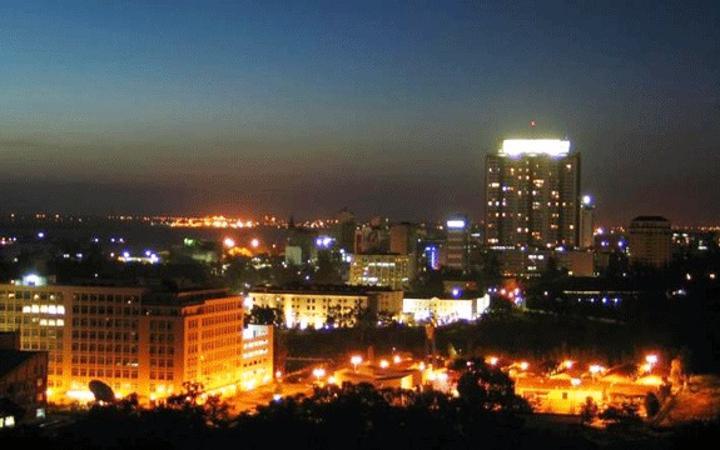Africa-Press – Mozambique. The Mozambique PMI pointed to stable business activity levels in March, after February saw the first monthly upturn since October 2023. Waning new business growth led businesses to leave their output volumes unchanged and become less confident about the year-ahead outlook.
Nonetheless, businesses continued to raise their employment numbers and purchasing activity in March. The expansions helped firms to reduce their outstanding work, following an uptick in February.
Input prices rose for the second month running, but the rate of inflation remained weak. Selling prices continued to rise at a marginal pace.
The headline figure derived from the survey is the Purchasing Managers’ IndexTM (PMI®). Readings above 50.0 signal an improvement in business conditions on the previous month, while readings below 50.0 show a deterioration.
The PMI dropped from 50.7 in February to 49.7 in March, posting in sub-50.0 contraction territory for the fourth time in five months. This was due to a drop in firms’ inventories and shorter delivery times, which offset expansions in new orders and employment.
The remaining sub-component of the PMI, the Output Index, registered at the 50.0 neutral threshold in March, signalling no change in business activity across the Mozambican private sector. Businesses indicated this was largely due to a softening of demand conditions.
Out of the five broad sectors covered by the survey, output levels rose in construction, agriculture and services. Meanwhile, contractions were seen in manufacturing and wholesale & retail.
New order inflows at Mozambican firms grew for the second month running in March, but at a much slower rate compared to February. Moreover, the latest rise was marginal and softer than the long-run series trend.
Nonetheless, the increase in new work prompted a sustained expansion in staffing numbers, as firms sought new hires to fulfil workloads. Similarly, purchases of inputs rose for the second consecutive month. That said, rates of expansion slowed from the prior survey period in both cases.
Efforts to build capacity helped companies to reduce their workloads in March. Backlogs of work decreased, following the first uptick in exactly a year in February.
Firms saw a shortening of suppliers’ delivery times during March, amid reports of inputs being dispatched quickly and strong availability at vendors. That said, vendor performance improved to the least extent in four months. Stock cuts persisted as purchased material inventories fell for the sixth month running.
Input prices faced by Mozambican firms increased during March, albeit remaining on a mild inflationary trend. While there was a moderate increase in wages, purchase prices rose only slightly.
In turn, companies raised their own selling prices at a subdued pace at the end of the first quarter. Nevertheless, this marked the fastest increase in charges since last October.
Finally, expectations for output in the year ahead dropped to their weakest level for six months in March, though they remained optimistic overall. Predictions of higher activity were linked to new customers, greater productivity, product development and larger workforces.
Comment
Fáusio Mussá, Chief Economist – Mozambique at Standard Bank commented:
“The Standard Bank Mozambique PMI fell to 49.7 in Mar, after having risen to a 7-month high of 50.7 in Feb and after having remained below the 50 level from Nov 23 to Jan 24. Output has remained unchanged in Mar, but inventories have declined, suggesting subdued demand.
“PMI prints below the 50-benchmark suggest monthon-month contraction in economic activity. The Mar PMI signals weak economic activity at the end of the first quarter, with contractions in manufacturing and trade, but with construction, agriculture, and services in general posting a growth.
“The future expectations sub-index remained in positive territory but printed at a six-month low in Mar, suggesting that recurrent climate change events, as well as delays in the implementation of natural gas projects have impacted business confidence.
“Inflation, last reported at 4% y/y in Feb is seen remaining in single digit levels, which saw the Banco de Moçambique cutting the monetary policy rate by 150 basis points (bps) in the first quarter of 2024, lowering the MIMO rate to 15.75%, with our forecasts pointing to further 50 bps in rate cuts this year.
“This provides some borrowing costs relief for both the government and the private sector. However, cash required reserves being kept high, alongside persistent fiscal pressures and intermittent FX supply points to financing conditions remaining tight.”
For More News And Analysis About Mozambique Follow Africa-Press






